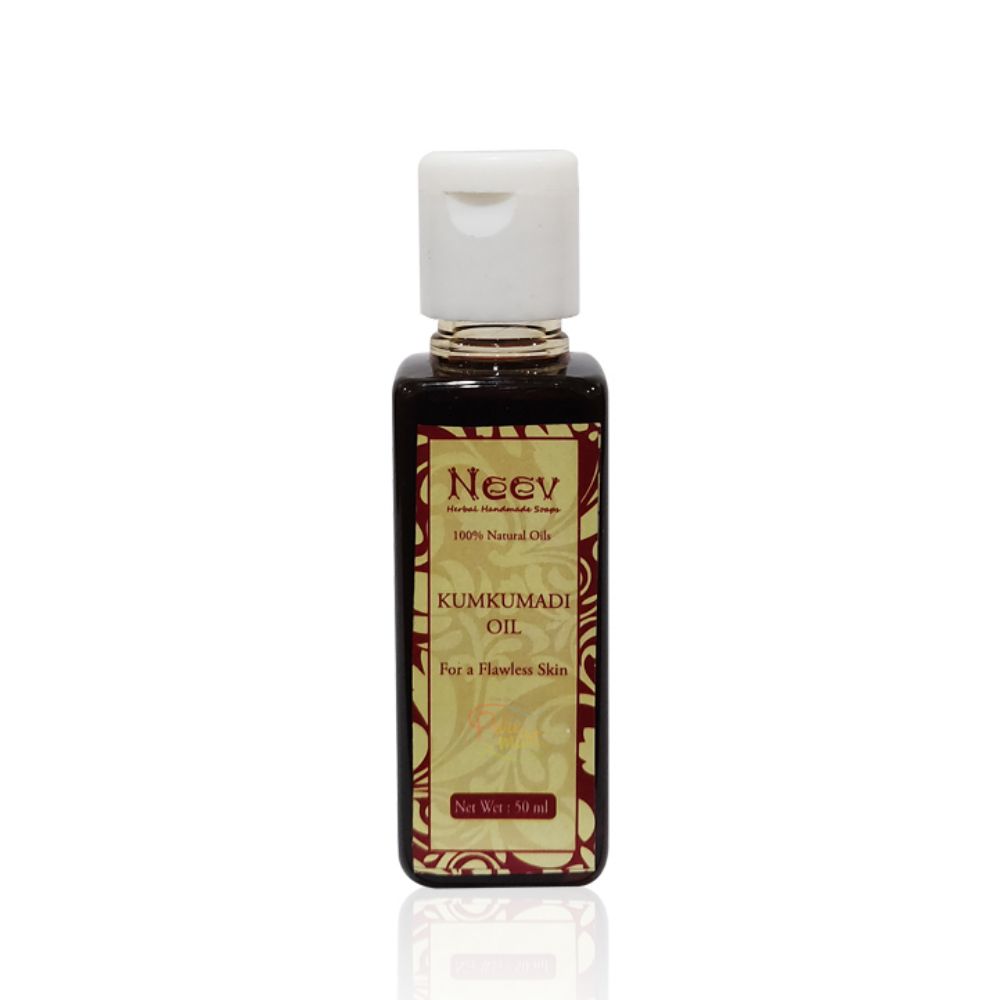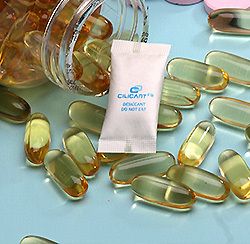If shaving actually makes the hair grow back thicker and darker, let’s just say most razor companies are out of business. As many common beauty myths are dispelled, some continue to linger like a bad cologne. Contrary to popular Belief, facial oil is among the best treatments for any skin type — such as oily skin. Using an oil can rejuvenate your skin’s natural oils, which may keep oil levels balanced and breakouts at bay. We are here to debunk some Frequent myths about facial oils, the best oils for oily skin, as well as the advantages of utilizing these wondrous beauty elixirs. We know that using a Facial oil on fatty skin seems paradoxical and well, frightening! Let us start with what Occurs when skin has too small oil. If skin is deprived of natural oils, it is going to enter overproduction mode to compensate for a lack of sebum. Drying out oily skin by skipping moisturization and using harsh, stripping ingredients will really cause breakouts, acne, and more oil.

If you are using the Correct oil for your skin, it helps replenish your natural facial oils, which may keep levels balanced and breakouts at bay. Some facial oils may even target extra oil, and also help to slough off dead skin cells which may clog pores. Using a decorative oil for Oily skin types creates an occlusive layer to seal in moisture, keeping it hydrated and plump. These ultra-luxe elixirs provide antibacterial and antifungal benefits, which can help reduce the inflammation and redness of acne while decreasing post-breakout discoloration. Facial oils also offer an excess form of protection, and may transform skin from dull to dazzling.
Lucky for your skin, no Two oils are equally which means there is tons of hope for oily skin searching for treatment! If you would like to reap all of the potential advantages of employing a facial oil, you will have to select one that is formulated specifically to your skin type. So, what kind of facial oils should you choose and why? You will want to use lighter oils which may be absorbed quickly and easily into your skin, so there is no pore-clogging residue left to torment your complexion. Search for oils with a smaller molecular size: argan, squalene, and coconut oils do the trick. If the molecular structure of an oil is too large, it won’t have the ability to penetrate the upper layer of skin. Ultra-lightweight jojoba oil can help balance your own kumkumadi oil production without leaving a greasy residue. In actuality, it is the best selection for mimicking your skin’s own sebum. This similarity can basically fool our bodies into producing less oil, meaning less chance for breakouts.






